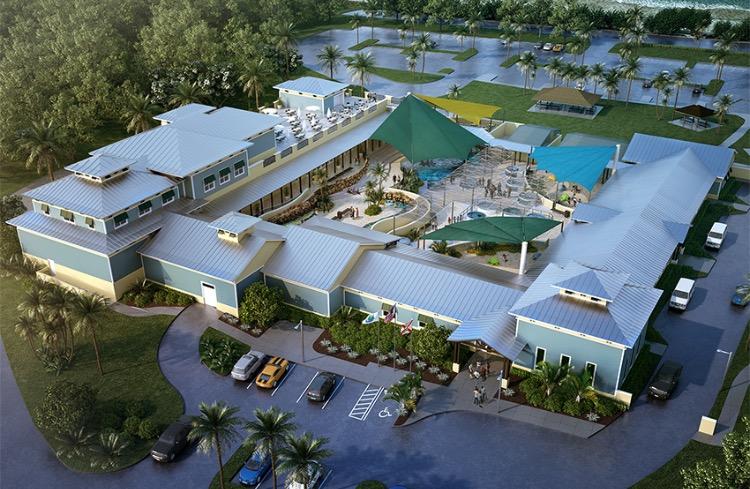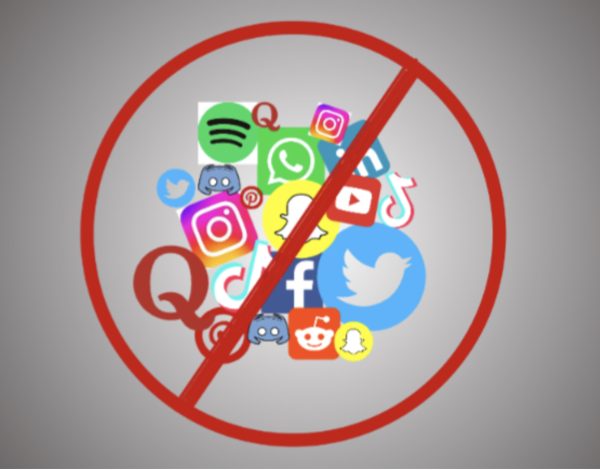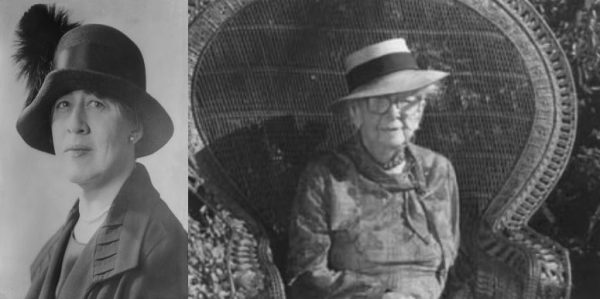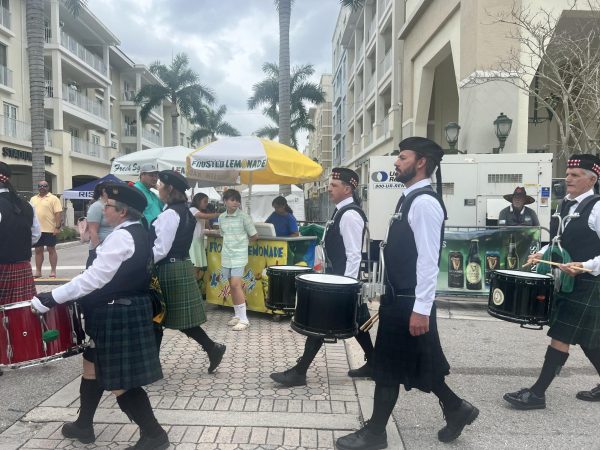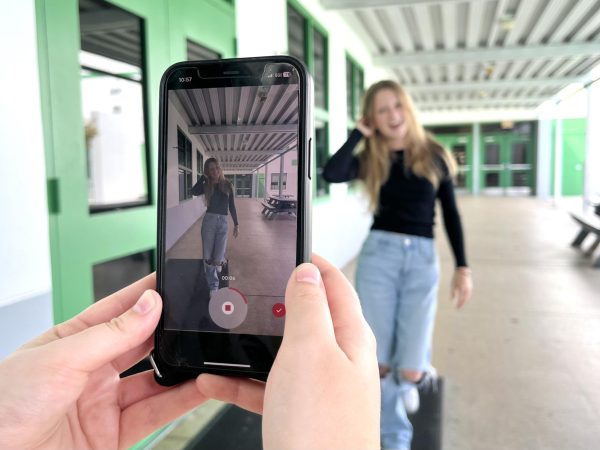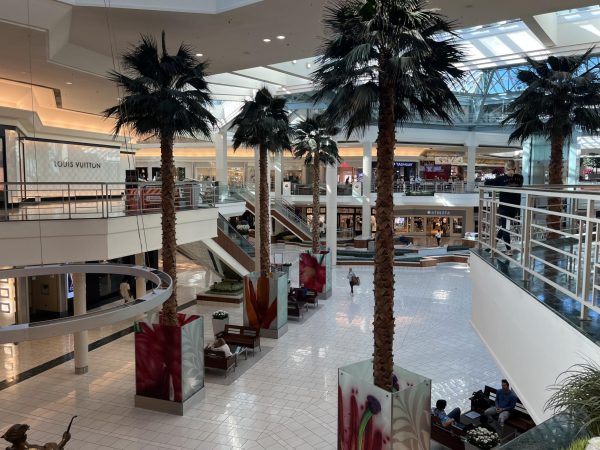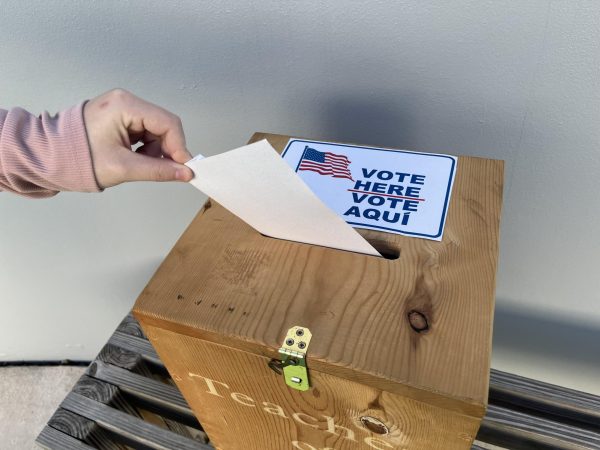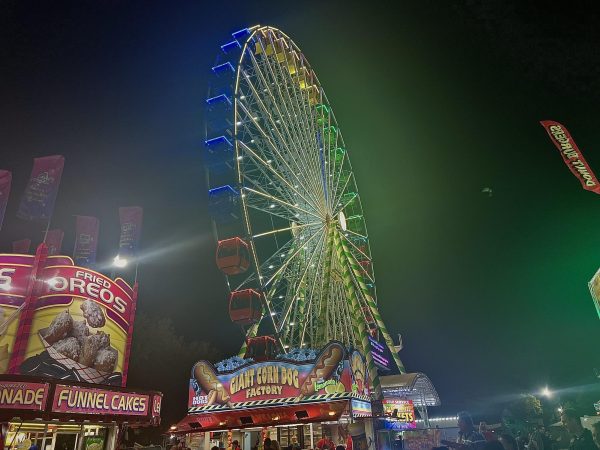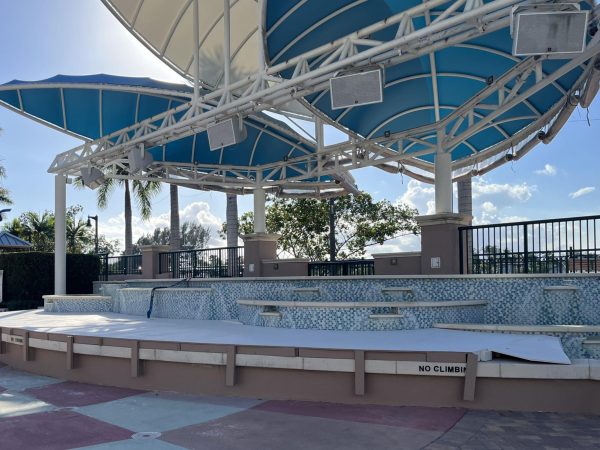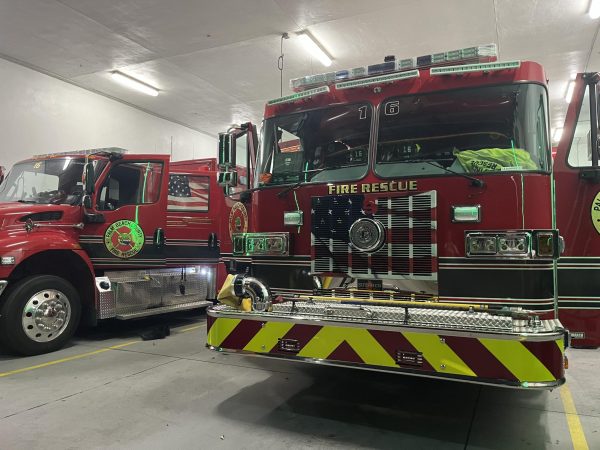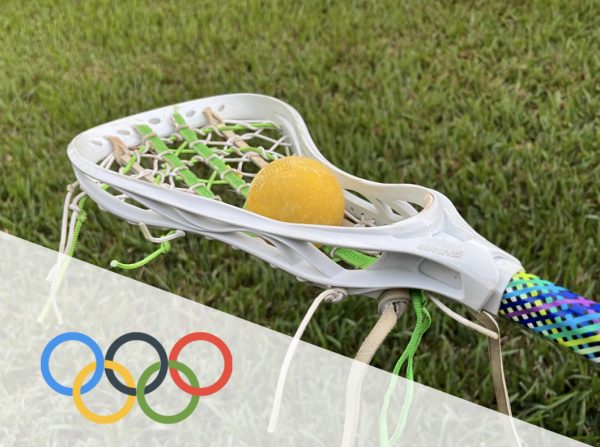Loggerhead Marinelife Center celebrates success
At 11 a.m. on October 25, Loggerhead Marinelife Center held their largest sea turtle release in their center’s history. They said goodbye to five rehabilitated sea turtles that swam away from shore into the Atlantic Ocean.
The Loggerhead Marinelife Center (LMC) is a non-profit education and ocean life rehabilitation facility located in Juno Beach. Their goal is to promote conservation of ocean ecosystems, focusing on threatened sea turtles.
Hannah Deadman, the Public Relations and Communications Coordinator at LMC, discussed the impact LMC makes on the environment. “We are the only sea turtle hospital between Orlando and the Florida Keys, and our state-of-the-art hospital combined with our caring staff gives injured or sick sea turtles—which are already endangered or threatened—a second chance at survival,” Deadman said. “Once a sea turtle is medically cleared, LMC releases the sea turtle back to its ocean home.”
LMC’s research program is one of the longest running sea turtle monitoring programs in the state of Florida. Each season, the research team documents sea turtle activities along 9.5 miles of beach from the northern Palm Beach County line south to John D. MacArthur Beach State Park.
“My favorite part (about LMC) is interacting with people and learning new things. Every time I go in there I have a new look on the environment,” said junior Alexis Robert who has spent eight months as a volunteer at LMC.
LMC offers many programs for students and volunteers of all ages. They have summer camps and scholarship opportunities, as well as guided tours and hands-on laboratories.
“LMC’s education department works to create fun, hands-on programs that educate students and other members of the community about our coastal ecosystems and the simple steps everyone can take to protect the environment. In fact, we have over 30 unique public and educational programs,” said Deadman. One example is the Responsible Pier Initiative, a program created to educate fisherman to be responsible when fishing and how to respond to a sea turtle hooking.
At the end of 2016, the center plans to expand to make more room for the sea turtle hospital, hospital tanks, research laboratory, and classroom and exhibit space.
“LMC will kick off an ambitious campaign to expand our facility in hopes of allowing our center to rehabilitate more sea turtle patients, educate more students and welcome additional guests and visiting scientists from around the globe,” said Deadman. “We are so excited for this opportunity to expand our conservation impact.”

